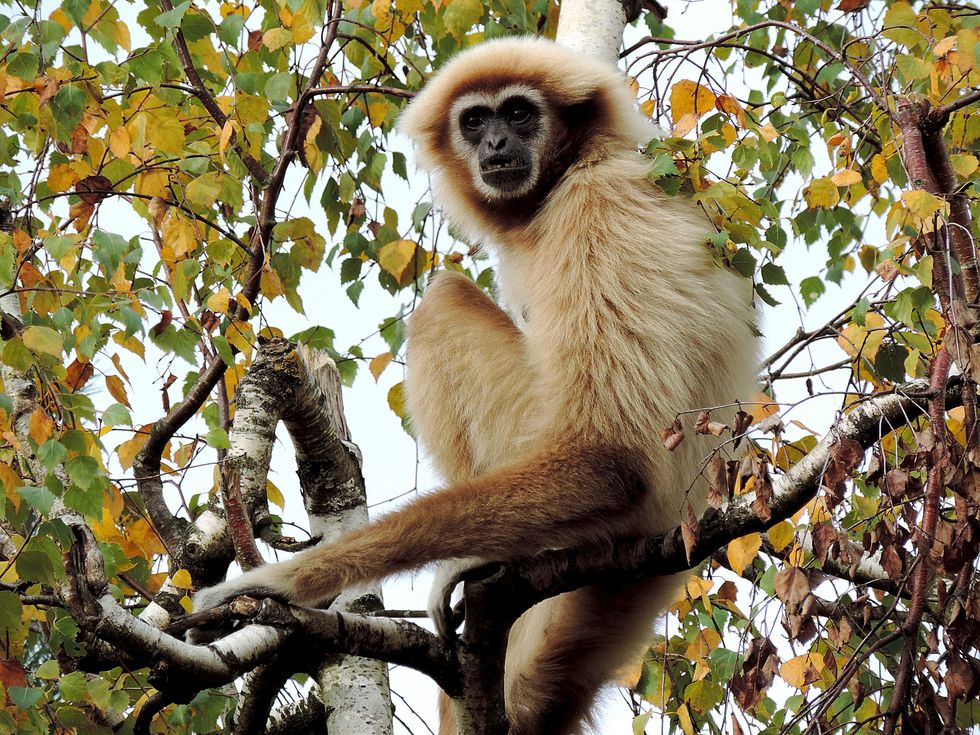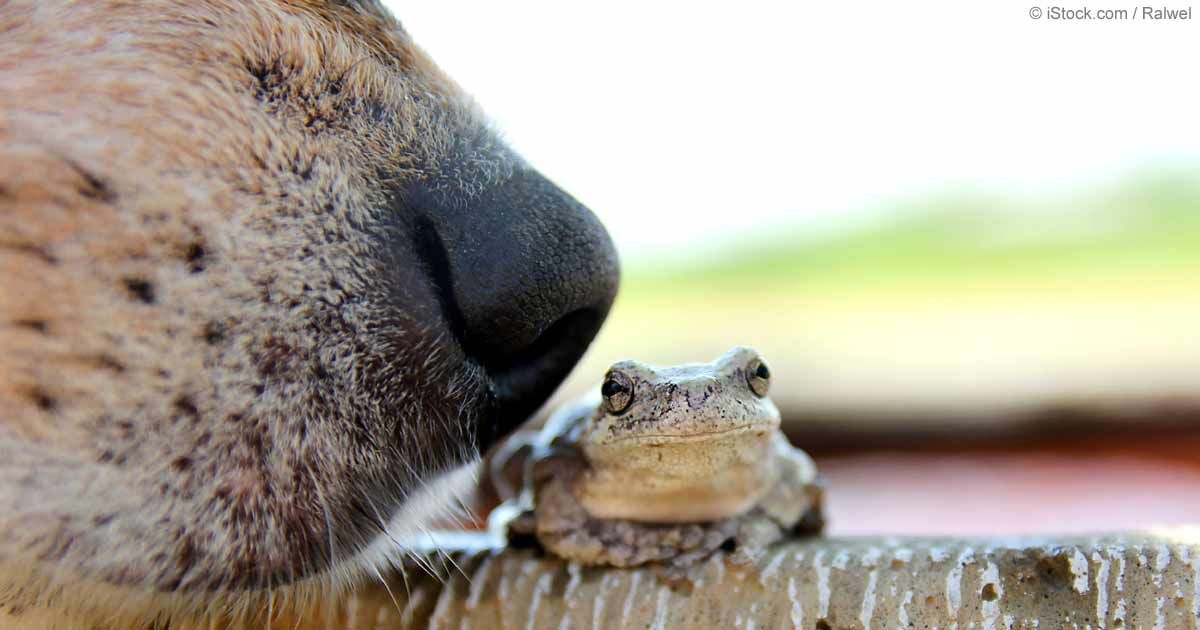Hi there! I'm your friendly neighborhood anthropology major, and I'm here to tell you why gibbons are so awesome. You might not know what exactly gibbons are, but that's okay! Prepare to be educated.
1. Gibbons are members of the order of primates.
That's right, they're in the same order as us humans! (That's why I know some stuff about gibbons — anthropologists study humans and their evolution, and while we're most closely related to chimps, gibbons aren't that far removed.) However, they are NOT monkeys - they don't have tails. They're apes, but because they're the smallest of the apes, they're actually known as the "lesser apes". Gorillas, chimps, bonobos, and orangutans take the big name of Great Apes.
2. They move around via brachiation.
Gibbons are largely arboreal dwellers, which means they have to be able to move from tree to tree quickly and without necessarily touching the ground. This means that they have really long arms, and specialized shoulder joints that help them turn their arms at angles humans would never be able to reach. They swing from branch to branch
3. There's a species named after a Star Wars character.
The newly-discovered species, H. tianxing, lives primarily in China. Its species name, tianxing, literally translates into "sky walking". You see where I'm going with this, right? (The name of the ape got a stamp of approval from Mark Hamill himself.)
4. They can sing, and often do.

According to a Japanese study, gibbons have rather human-like vocal structures - and they've learned to use them somewhat like an operatic soprano singer. The animals sing to attract mates and communicate with nearby neighbors, and they've learned to support their breath in such a way that allows them to put more sound into the higher notes than the lower ones.
5. They're very endangered.
Of the 18 separate species of gibbons, nearly all are endangered. The newly discovered species I talked about in the last point? It's estimated that there's only a few hundred of these gibbons in existence — and they're not the most endangered ones. Gibbons suffer severely from loss of habitat and deforestation in their native areas of Southeastern Asia. To learn about how to counter deforestation, click here.
Have I convinced you that gibbons are the greatest yet? These wonderful, kind of silly-looking animals are in need of help, and they're so overlooked by most people. Please support the gibbons - they need it and they are definitely worth it. If you would like to donate to the Gibbon Conservation Center in California, or learn how to help in other ways, click here.
























 sunrise
StableDiffusion
sunrise
StableDiffusion
 bonfire friends
StableDiffusion
bonfire friends
StableDiffusion
 sadness
StableDiffusion
sadness
StableDiffusion

 purple skies
StableDiffusion
purple skies
StableDiffusion

 true love
StableDiffusion
true love
StableDiffusion
 My Cheerleader
StableDiffusion
My Cheerleader
StableDiffusion
 womans transformation to happiness and love
StableDiffusion
womans transformation to happiness and love
StableDiffusion
 future life together of adventures
StableDiffusion
future life together of adventures
StableDiffusion





















